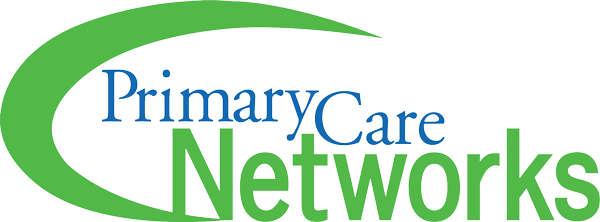Learning to Live Again: Testimonies from Alberta Moving on with Persistent Pain
The physical and psychological effects of Persistent Pain can compound in such a way that an individual’s quality of life can be negatively affected exponentially, in some instances over the course of decades.
Persistent pain can cause a generalized withdrawal from life due to a hesitancy to exacerbate it. Those afflicted are left in a bind - do they wait to act until the pain is lesser, or power through? This complicates day-to-day tasks such as house and yard work, and can make it difficult to hold down employment. Financial and emotional stresses are common, as are feelings of anxiety and depression. Many report feeling isolated and quick to anger.
The Alberta Moving on with Persistent Pain program, developed by the Red Deer Primary Care Network through 2015 and 2016, aims to provide relief for those afflicted by persistent pain province-wide.
The multifaceted program not only equips weekly participants with a toolbox of pain reduction and exercise strategies, but also aims to educate participants on the role of the mind-body connection and factors such as sleep, nutrition, and stress management.
The instances of chronic pain which lead people to the program are diverse - from neck and back pain as the result of an accident, to carpal tunnel and repetitive strain injuries, to congenital spinal issues. A common thread between participants, though, is a variety of attempted pain management remedies that failed to provide long-term relief:
“I have [had] trouble concentrating and keeping myself in a positive frame of mind. I have tried physiotherapy and chiropractors to help ease the pain. This would work for a couple of days, but it was only a temporary fix,” says Jane. In addition to physical therapies, participants also note seeking out pain medication and sleeping pills, which are limited in their long-term efficacy.
The Alberta Moving on with Persistent Pain program has been proactively designed to deliver long-term results by not only providing pain reduction strategies, but by introducing participants to a framework shift when it comes to thinking about pain.
By working to achieve a state of acceptance of their pain, rather than a state of fear, participants are able to live without being controlled by their pain, thus increasing their quality of life. By learning to honor and accept their limitations and set realistic expectations, many patients are able to reduce the amount of medication they require, while also increasing the amount of activity they engage in:
“Don’t be afraid to do things differently as the strategies they discuss actually do help. It has greatly improved my life… I have gone from being afraid to be active to a point where I seek daily activity as it really helps me to manage my pain,” says Deborah.
Furthermore, a top positive result of Alberta Moving on with Persistent Pain is the ability to connect with others living in similar situations. Small group discussions present the opportunity to share strategies and lean on others for support, while group-based home activities between weekly sessions create a tangible sense of accountability. Normalizing the understanding that ‘I am not the only one living with this’ has proven hugely impactful, leading to positive perception shifts and an overall increase in quality of life.
This free workshop is offered virtually or in-person, is research-based and is available to all Albertans. Learn to live with and grow beyond your pain. To learn more and register, visit www.albertafindadoctor.ca. If you are interested in becoming a facilitator, reach out to [email protected] to learn more.
